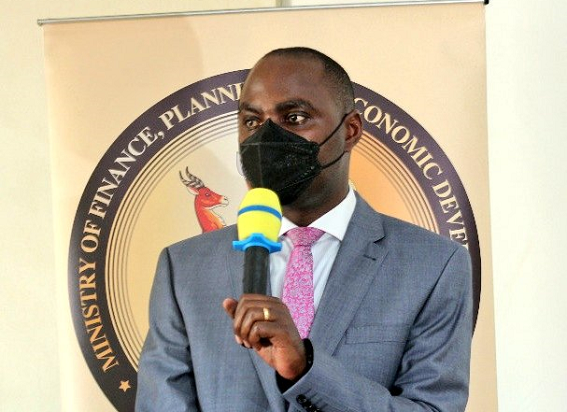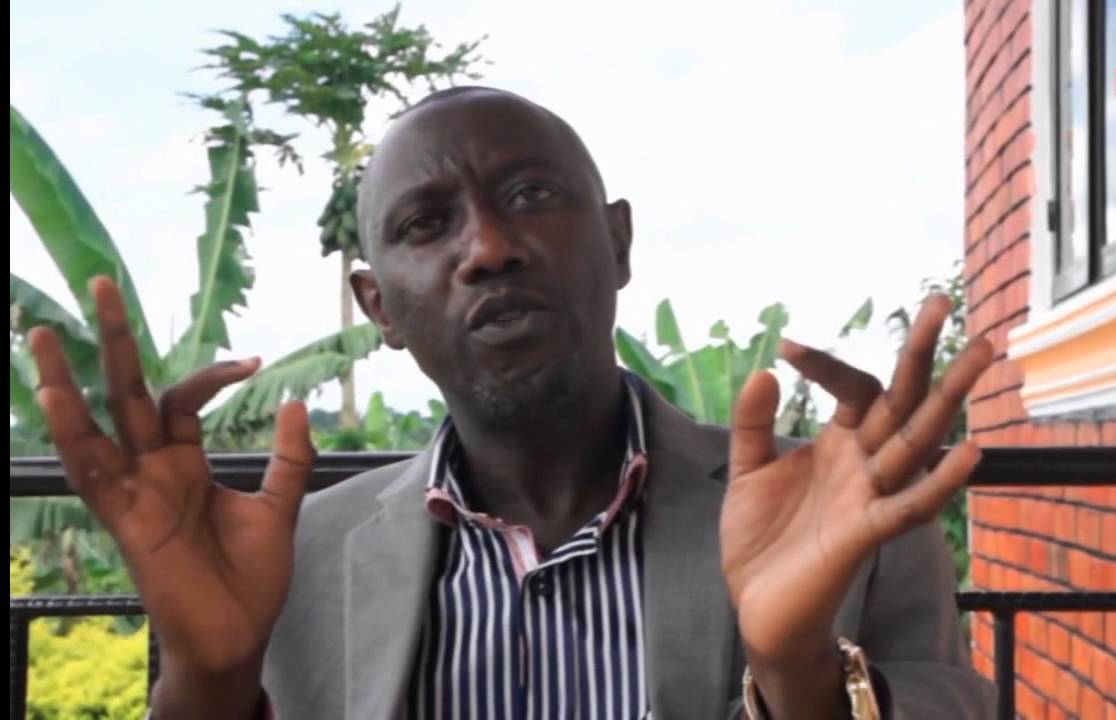The Ministry of Works and Transport has affirmed that Uganda is on schedule for the construction of the Standard Gauge Railway (SGR) despite compensating only 11% compensation of the project affected persons within three years.
The development was revealed by the SGR Coordinator, Canon Perez Wamburu while appearing before the Public Accounts Committee today to respond to audit queries raised in the 2017/2018 audit report that raised concerns over the delays in implementation of the perceived regional railway.
His remarks were in response to a call by some MPs like Theodore Ssekikuubo (Lwemiyaga County) who questioned why taxpayers have to continue funding the team in charge of SGR yet no single kilometer of the railway has been constructed, five years from the time it was launched in 2014.
Ssekikuubo said, “We are incurring nugatory expenditure on this white elephant. Is it about time we launched the standard gauge railway. After a decade of the launch, not even one kilometer has been put on ground. Kenya has already started on its side, ours was launched at a hotel in Munyonyo, it has remained there, dead and buried there unless the contrary is proved, are we as a country right to continue appropriating money to a non-starting project.”
In response, Wamburu said, “We agreed that Kenya and Uganda arrive at Malaba at the same time. The development of SGR isn’t behind schedule at all as far as harmonization agreement is concerned. Uganda SGR isn’t late at all.”
The Standard Gauge Railway was adopted in 2014, by the East Africa Presidents who launched the multitrillion project meant to modernise the traditional railway transport system geared towards boosting economic growth by facilitating a faster movement of goods across borders.
President Uhuru Kenyatta of Kenya flagged off the maiden passenger train on the newly completed Mombasa-Nairobi SGR in March 2017 and although Uganda had promised to start construction in June 2015, but three years down the road, Government is yet to complete funding negotiations with Exim Bank China.
On Uganda’s side, project is to cost USD12.8Bn approximately, of this, Exim Bank will bring on board USD2.3Bn which represents 85%, while the remaining 15% will be footed by Ugandan tax payers.





